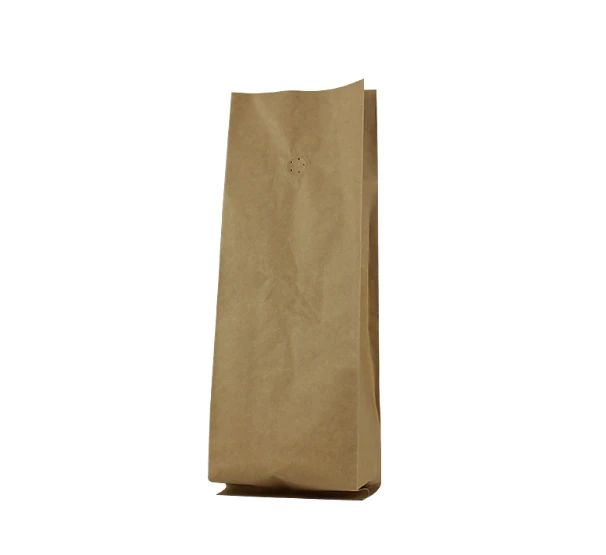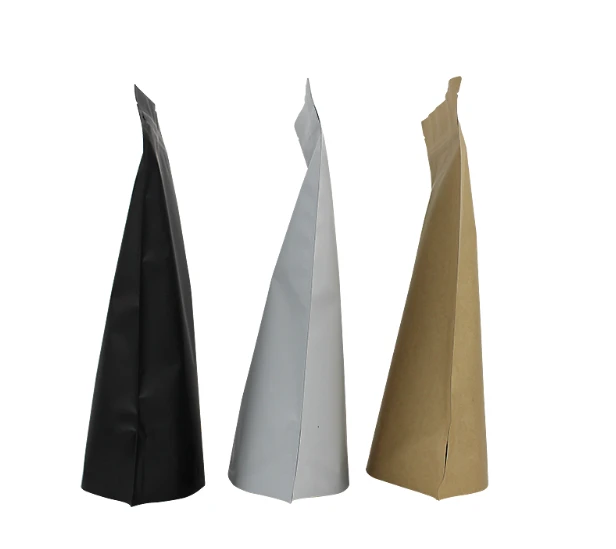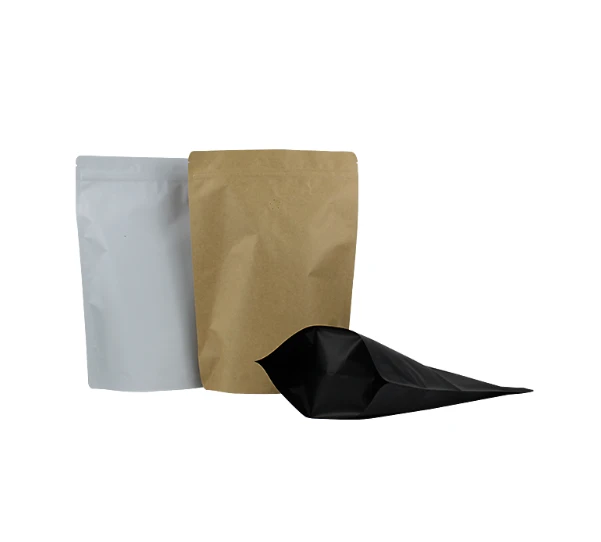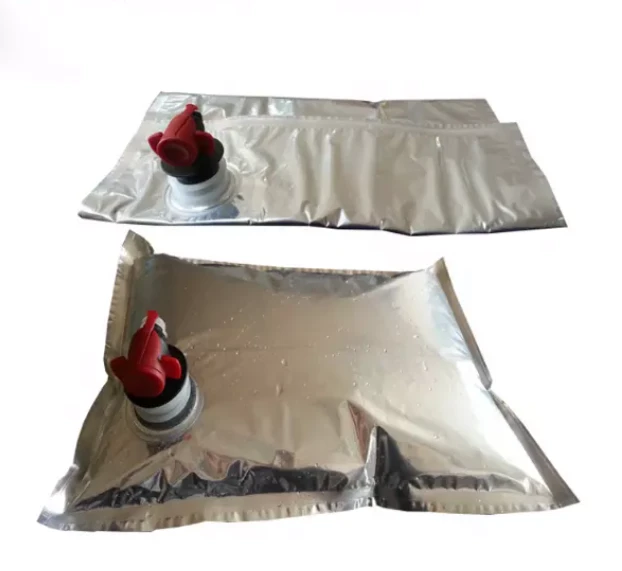- Afrikaans
- Albanian
- Amharic
- Arabic
- Armenian
- Azerbaijani
- Basque
- Belarusian
- Bengali
- Bosnian
- Bulgarian
- Catalan
- Cebuano
- chinese_simplified
- chinese_traditional
- Corsican
- Croatian
- Czech
- Danish
- Dutch
- English
- Esperanto
- Estonian
- Finnish
- French
- Frisian
- Galician
- Georgian
- German
- Greek
- Gujarati
- haitian_creole
- hausa
- hawaiian
- Hebrew
- Hindi
- Miao
- Hungarian
- Icelandic
- igbo
- Indonesian
- irish
- Italian
- Japanese
- Javanese
- Kannada
- kazakh
- Khmer
- Rwandese
- Korean
- Kurdish
- Kyrgyz
- Lao
- Latin
- Latvian
- Lithuanian
- Luxembourgish
- Macedonian
- Malgashi
- Malay
- Malayalam
- Maltese
- Maori
- Marathi
- Mongolian
- Myanmar
- Nepali
- Norwegian
- Norwegian
- Occitan
- Pashto
- Persian
- Polish
- Portuguese
- Punjabi
- Romanian
- Russian
- Samoan
- scottish-gaelic
- Serbian
- Sesotho
- Shona
- Sindhi
- Sinhala
- Slovak
- Slovenian
- Somali
- Spanish
- Sundanese
- Swahili
- Swedish
- Tagalog
- Tajik
- Tamil
- Tatar
- Telugu
- Thai
- Turkish
- Turkmen
- Ukrainian
- Urdu
- Uighur
- Uzbek
- Vietnamese
- Welsh
- Bantu
- Yiddish
- Yoruba
- Zulu
what does desiccant mean
Understanding Desiccants What They Are and Their Importance
In our daily lives, we often encounter various products and substances that enhance our living experience, but one such element that frequently goes unnoticed is desiccants. So, what does desiccant mean? A desiccant is a substance that absorbs moisture from the environment and is commonly used to keep things dry and prevent the degradation of materials sensitive to humidity. This article will delve into the definition, types, applications, and significance of desiccants in various sectors.
Definition of Desiccants
The term desiccant is derived from the Latin word desiccatus, which means to dry up. Desiccants are hygroscopic materials, meaning they have the ability to attract and retain water vapor from the air. This moisture absorption capability helps in maintaining a controlled humidity environment, which is crucial in numerous applications.
Types of Desiccants
There are various types of desiccants, each with its unique properties and uses. The most common types include
1. Silica Gel Perhaps the most widely recognized desiccant, silica gel is composed of silicon dioxide (SiO2). It is typically found in small packets labeled Do Not Eat that accompany consumer products such as shoes, electronics, and food items. Silica gel is highly effective due to its large surface area and high absorption capacity.
2. Calcium Chloride This inorganic compound is another popular desiccant. It draws moisture from the air and absorbs it, turning it into a brine solution. Calcium chloride is often used in industrial applications and for dehumidifying spaces.
3. Zeolites These are naturally occurring or synthetic aluminosilicate minerals that can absorb moisture and are particularly effective at removing odors and pollutants. Zeolites are often used in both domestic and industrial settings.
4. Activated Alumina This form of aluminum oxide is commonly used as a desiccant due to its high surface area and porous structure. It finds applications in gas drying and air purification systems.
5. Clay Natural clay desiccants absorb moisture through their hygroscopic properties. They are often used in bulk packaging applications and can be regenerated by drying them in an oven.
what does desiccant mean

Applications of Desiccants
Desiccants have a wide range of applications across various industries. Some of the notable uses include
- In Packaging Desiccants are commonly included in the packaging of food products, pharmaceuticals, and electronics to prolong shelf life and maintain product integrity. For example, the silica gel packets found in shoe boxes help prevent mold growth and preserve the quality of the shoes.
- In Pharmaceuticals Many medications are sensitive to moisture. Desiccants help maintain an optimal environment for drugs, ensuring their efficacy over time and preventing degradation.
- In Electronics Electronic components are highly susceptible to moisture, which can lead to corrosion and malfunction. Desiccants are used in the packaging of devices and components to mitigate this risk.
- In Construction Desiccants are employed in building materials to control humidity levels during construction, preventing damage from moisture during the curing process of materials like concrete.
- In Agriculture Farmers use desiccants to manage humidity levels in grain storage facilities, preventing spoilage and extending the shelf life of harvested products.
Importance of Desiccants
The importance of desiccants cannot be overstated. By controlling moisture levels, they play a crucial role in preserving the quality and longevity of various products. In addition to preventing spoilage, they also help mitigate health risks associated with mold and mildew growth, particularly in food storage and pharmaceuticals.
Furthermore, as industries and consumers alike become increasingly aware of the impact of humidity on product quality, the demand for effective desiccants is likely to grow. The continued innovation in materials and applications will ensure that desiccants remain an integral part of modern living.
In conclusion, desiccants are essential tools in many aspects of everyday life, from keeping our electronics functioning properly to ensuring that food remains fresh for longer. Understanding what desiccants are and their significance can help us appreciate the role they play in preserving the quality and safety of the products we use every day.













